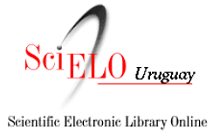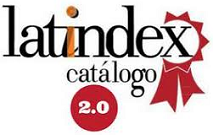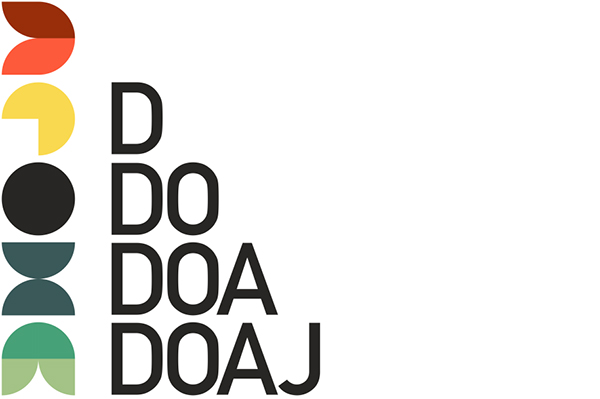El derecho constitucional en procesos de cambios constituyentes
Resumen
En virtud del proceso constituyente que se está desarrollando en Chile, se analiza los principales períodos de la evolución histórica del constitucionalismo latinoa-mericano, con especial énfasis en las Constituciones que se sancionaron con posterioridad a las dictaduras militares latinoamericanas de la década de los setenta del siglo XX. Se realiza un estudio particular de los caracteres del nuevo constitucionalismo en América Latina, así como los nuevos paradigmas y desafíos que se presentan a la hora de redactar y aprobar nuevas Constituciones.
Descargas
Citas
Afonso Da Silva, J. (2012). Curso de Direito Constitucional Positivo. Malheiros. Basterra, M. (2020). Legitimidad democrática y Estado constitucional de Derecho en
América Latina. En Derecho Constitucional del siglo XXI. Astrea.
Carbonell, M. (2007). Teoría del neoconstitucionalismo. Trotta/Unam.
Cea Egaña, J. L. (2017). Derecho Constitucional Chileno. Tomo I. Universidad Católica de Chile.
Correa Souza De Oliveira, F. y Streck, L. L. (2014). El nuevo constitucionalismo latinoamericano: reflexiones sobre la posibilidad de construir un derecho constitucional común. Anuario Iberoamericano de Justicia Constitucional.
(18) 125-153. Centro de Estudios Políticos y Constitucionales. Eco, U. (2016). De la estupidez a la locura. Lumen.
Ferrajoli, L. (2012). Un debate sobre el constitucionalismo. Marcial Pons. Gargarella, R. (2016). La sala de máquinas de la Constitución. Katz.
Häberle, P. (2007). El Estado constitucional. Astrea. Lassalle, F. (1980). ¿Qué es una Constitución? Siglo Veinte.
Pesces-Barba, G. (1996). La democracia en España. Temas de Hoy.
Serna De La Garza, J. M. (2015). Problemas, novedades y desafíos del constitucionalismo latinoamericano. En J. M. Serna De La Garza. (Coord.), Contribuciones al Derecho Constitucional. UNAM.
Valadés, D. (2015). Una ojeada al porvenir del constitucionalismo” en Serna De La Garza. J. M. (Coord.), Contribuciones al Derecho Constitucional. UNAM.
Derechos de autor 2021 Ruben Correa Freitas

Esta obra está bajo licencia internacional Creative Commons Reconocimiento 4.0.
Los autores conservan sus derechos de autor y ceden a la revista el derecho de primera publicación de su obra, el cuál estará simultaneamente sujeto a la licencia Creative Commons Reconocimiento 4.0 Internacional License. que permite compartir la obra siempre que se indique la publicación inicial en esta revista.












